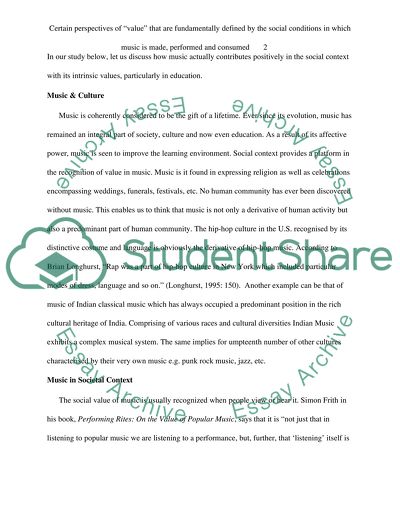Cite this document
(Music and Greatly Discourages Creativity Term Paper, n.d.)
Music and Greatly Discourages Creativity Term Paper. Retrieved from https://studentshare.org/culture/1564318-how-does-social-context-contribute-to-the-definition-of-value-in-music
Music and Greatly Discourages Creativity Term Paper. Retrieved from https://studentshare.org/culture/1564318-how-does-social-context-contribute-to-the-definition-of-value-in-music
(Music and Greatly Discourages Creativity Term Paper)
Music and Greatly Discourages Creativity Term Paper. https://studentshare.org/culture/1564318-how-does-social-context-contribute-to-the-definition-of-value-in-music.
Music and Greatly Discourages Creativity Term Paper. https://studentshare.org/culture/1564318-how-does-social-context-contribute-to-the-definition-of-value-in-music.
“Music and Greatly Discourages Creativity Term Paper”. https://studentshare.org/culture/1564318-how-does-social-context-contribute-to-the-definition-of-value-in-music.


